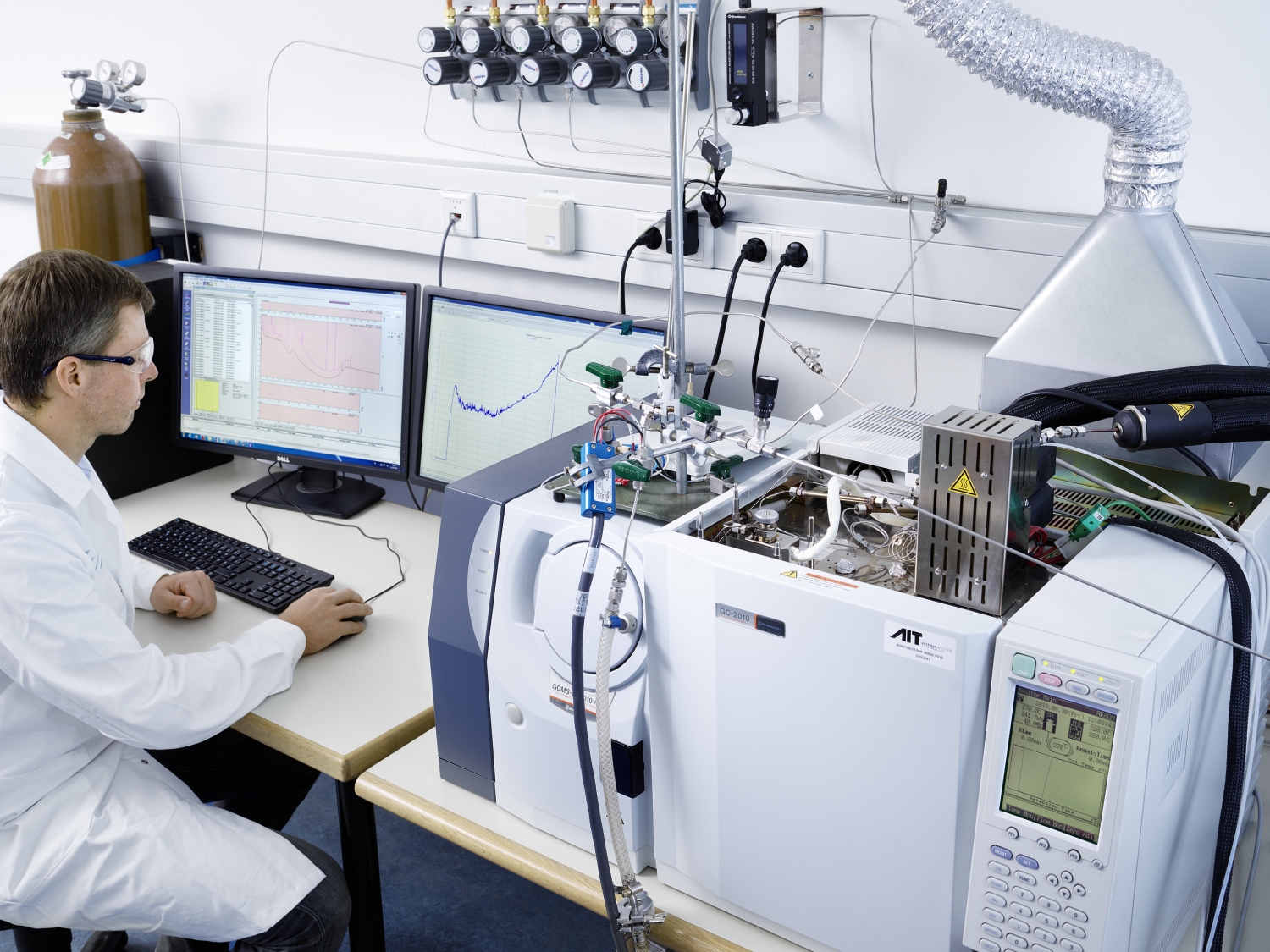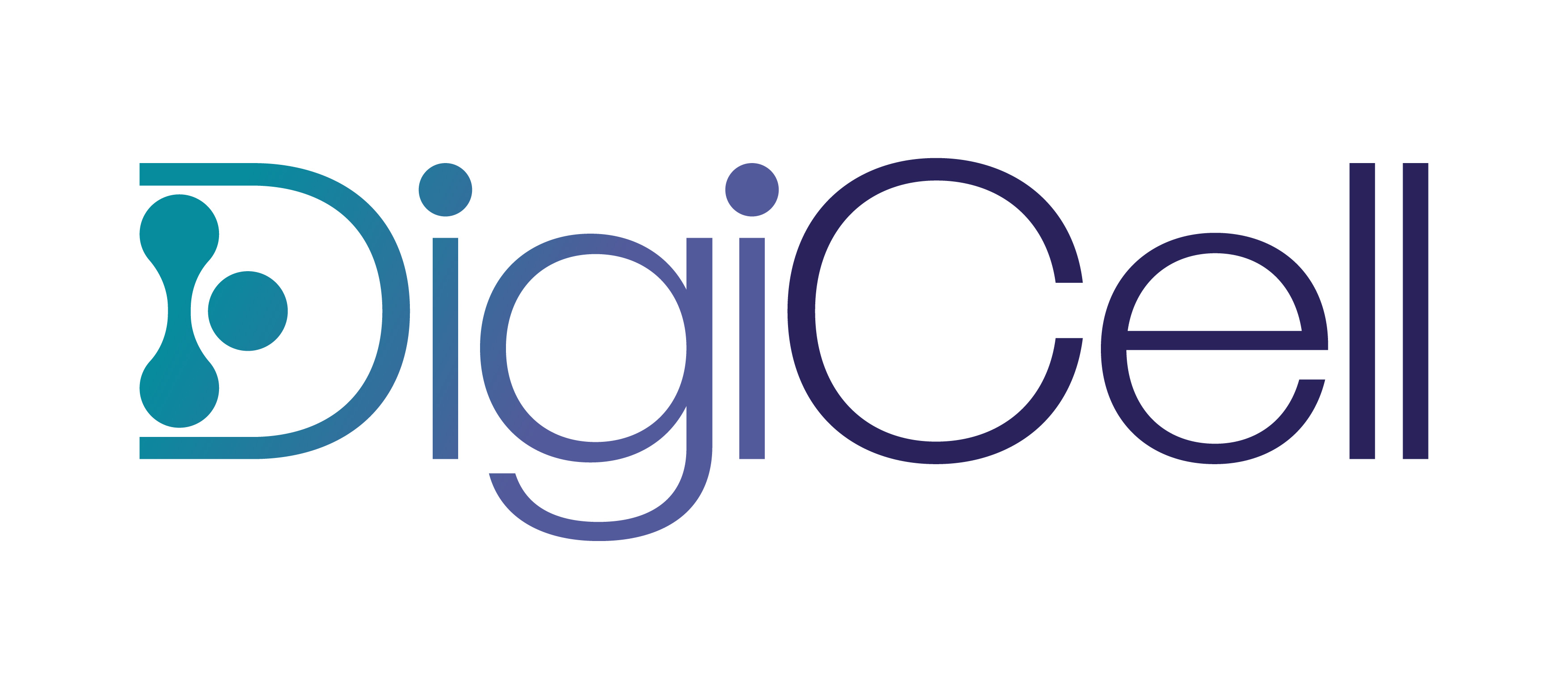Sustainable production of battery cells and packs through digital processes and AI-based data analytics
Creating more efficient, reliable and sustainable value chains for the production of batteries for the automotive industry – that is the aim of the new European cutting-edge research project "DigiCell". Led by Keysight Technologies GmbH and with significant participation of the AIT Austrian Institute of Technology, a top-class consortium consisting of 13 European partners is researching innovative approaches for sustainable battery technologies.
Innovations through DigiCell
DigiCell optimizes the manufacturing and testing processes of battery cells and packs by integrating digital processes and data-driven analyses based on artificial intelligence (AI). This includes the development of new measurement tools for materials and the creation of multi-scale, digitally integrated battery models using machine learning. The focus is not only on improving lithium-ion batteries (LiB), but also on researching innovative cell solutions beyond lithium.
This innovative approach aims to reduce production costs, material usage and the carbon footprint in the production lines while improving electrochemical performance at cell level. Thus, the project addresses key challenges in the context of novel battery systems.
AIT: Research for the future of battery technology
The AIT Austrian Institute of Technology plays a key role in DigiCell. The central AIT contributions include:
- Investigation of the formation, evolution and degradation mechanism of the solid electrolyte interface layer (SEI) on Mg|Mg symmetric cells using innovative characterisation methods. The SEI is a passive boundary layer that forms in some batteries at the interface between the anode, which is made of carbon, and the electrolyte, and is created by the decomposition of the electrolyte.
- Identification of gas species produced during the cycling of silicon-carbon lithium-ion batteries, potassium batteries and magnesium-ion batteries to support in-depth analysis of the properties of the SEI layer.
- Understanding the degradation phenomena of end-of-life Li-ion cells via in depth characterisation to assess the feasibility of the active materials for second-life applications.
- Development of a single layer Mg-ion pouch cell prototype.
Martina Romio, the AIT project manager for DigiCell, summarizes: "The global demand for batteries is expected to rise sharply over the next ten years. In particular, the increasing demand for battery electric vehicles poses major challenges for the industry at various levels. As part of DigiCell, we want to make a significant contribution to sustainable, resource-conserving and cost-efficient battery cell production in Europe – in line with the objectives of the European Green Deal".
Fundig frame: Horizon Europe HORIZON-CL5-2023-D5-01-01 (User-centric design and operation of EV for optimized energy efficiency [2ZERO Partnership])






